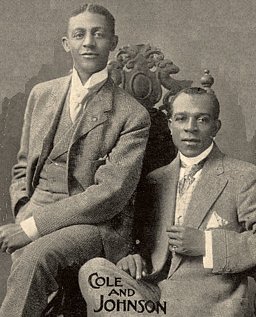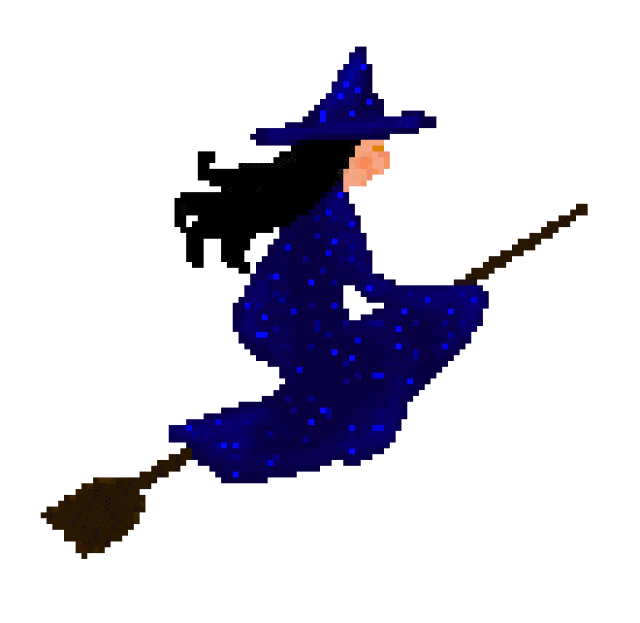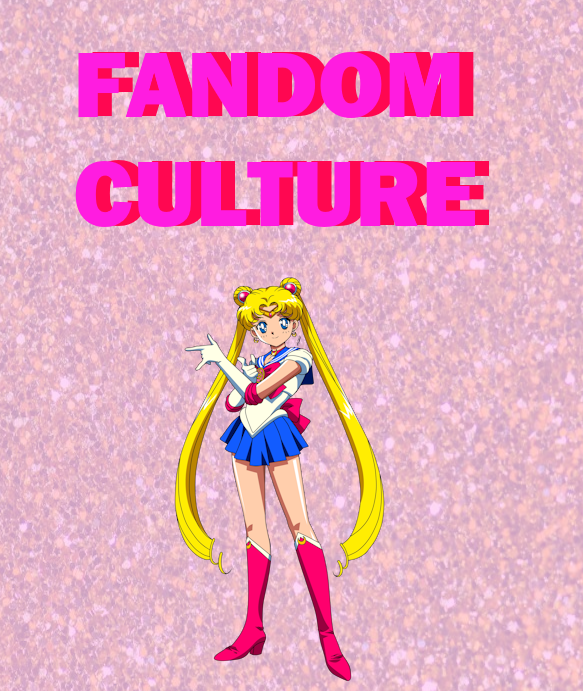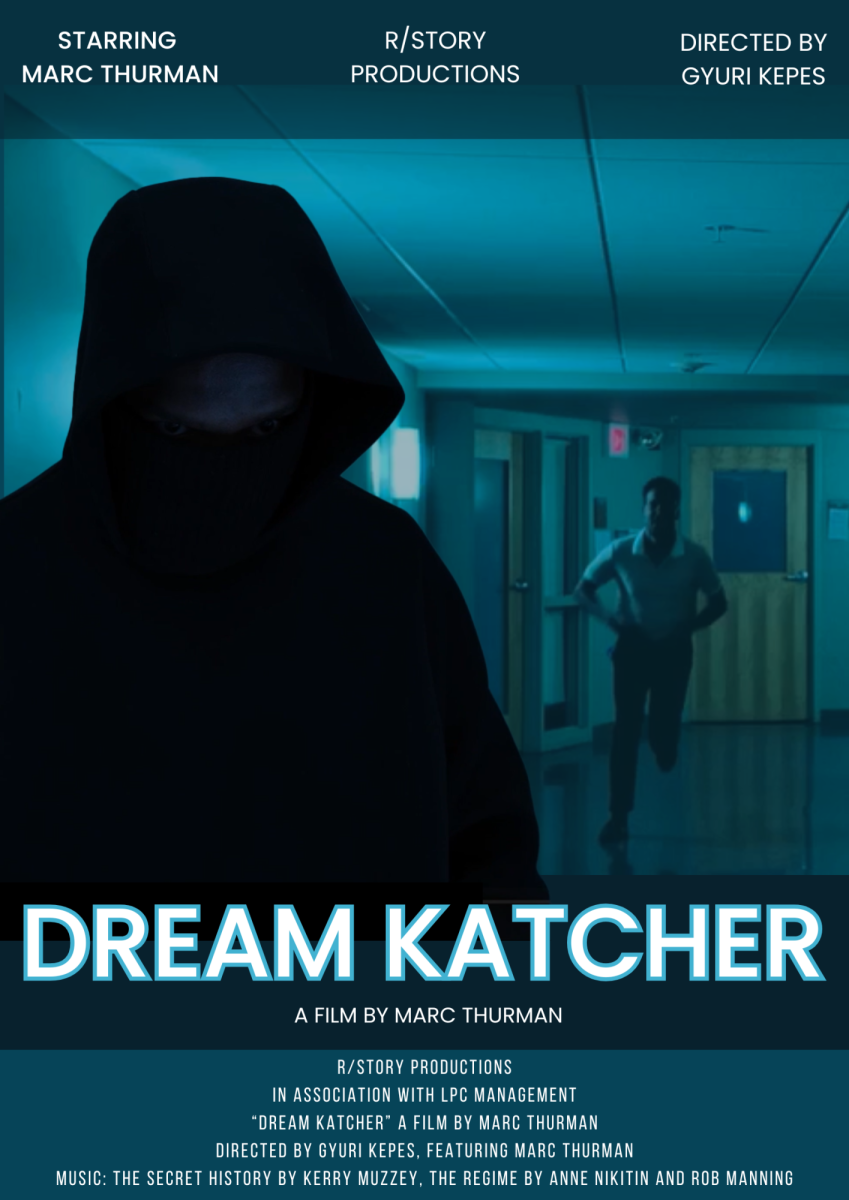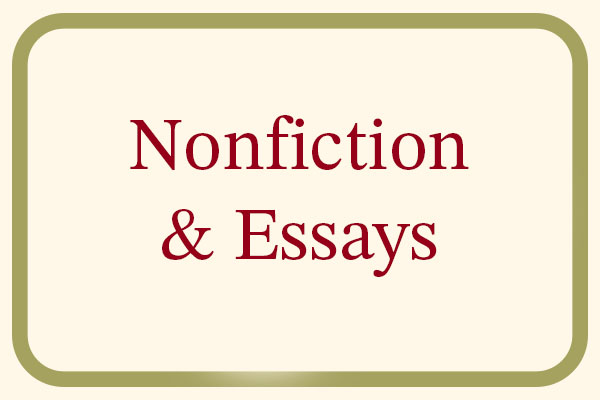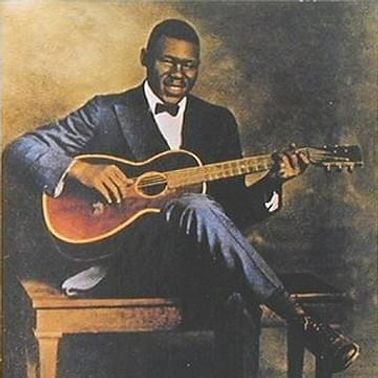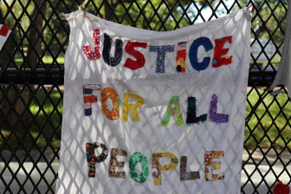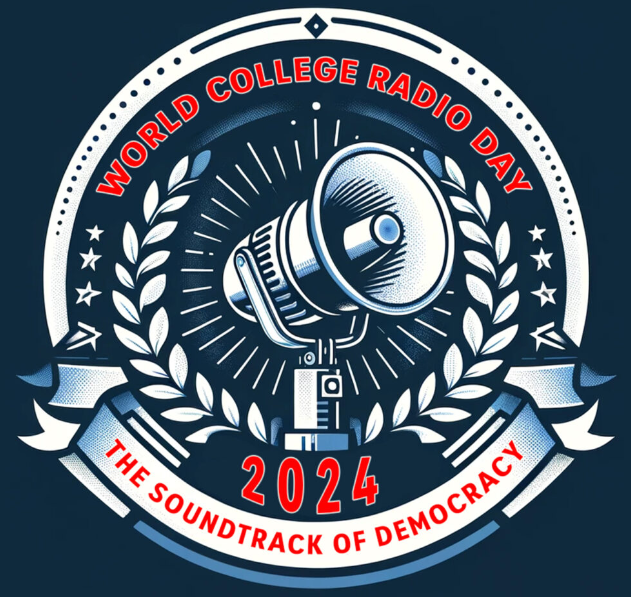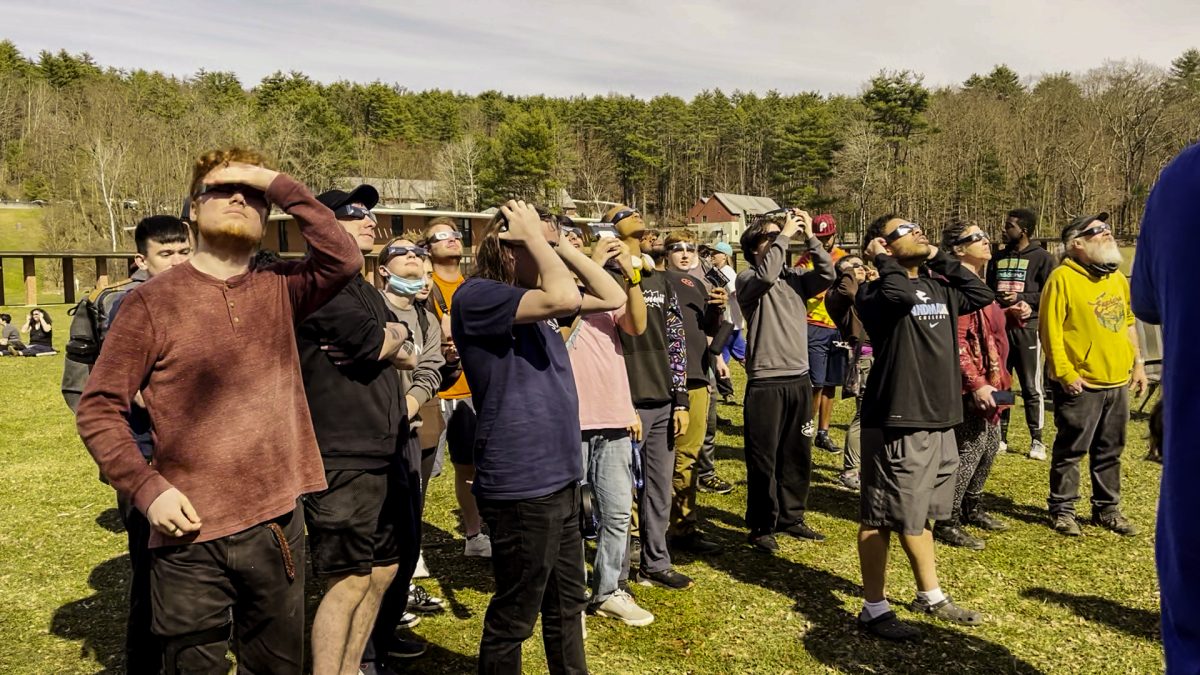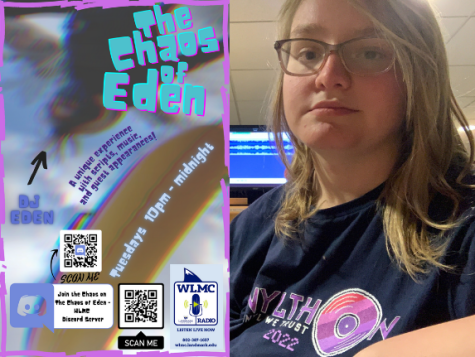WLMC Station Manager, Eden Kayser analyzes the song Lazy Moon from 1905 and discusses the songs and artist’s connection with African American culture in the United States following the Civil War.
This article and audio story is written from an essay for the Summer 2 class, HIS3015, The History of African American Music Since the Civil War.
Listen to the song and commentary by clicking the link below.
https://soundcloud.com/eden-kayser-454111870/lazy-moon-song-analysis-his3015?si=119e3a9ca0714fb8a2140bf3f0e57d3d&utm_source=clipboard&utm_medium=text&utm_campaign=social_sharing
Lazy Moon was written and composed by African American musicians and sung by white performers. You can tell by the song’s lyrics written by Bob Cole that the song is sung by a man waiting for a girl in the moonlight. As he eagerly waits for his lady to meet him, he sings to the moon, watching it rise so she can find him. The lyrics in Lazy Moon describe what it’s like to be in love. When time slows down as your heart palpitates and all you can do is look at the sky, hoping to find happiness that night with the one you love.
The song also describes a feeling of loneliness. If you can imagine being by yourself at night, with no one but you and the moon, wondering if you will be kept waiting or not, it’s pretty sad the thought of being stood up in the night, especially when you consider the feelings of excitement, nervousness, and hope for happiness. The long waiting and anticipation will make the night feel especially long and the moon seem very lazy.
If you consider the time period in which the song was written, from an African American perspective in the early 1900’s, the song can also be associated with the fear of being alone in the night especially in the south as it was possible to lynched simply for the color of your skin and wanting happiness with another person as an escape from living an unhappy life under conditions similar to slavery. This was the sad reality for Black people living in the south following reconstruction.
The song was composed by John Rosamond Johnson. It includes Billy Murray as the male vocal solo, the Haydn Quarter staring Samuel Holland Dudley, John Bieling, Harry Macdonough, and William Hooley, and an orchestra played in a very slow and soft tempo. You may think this is just an old sweet song about being in love but let’s dive into its history.
Bob Cole was an African American actor, composer, singer, playwright, and stage director. He was also a co-author of A Trip to CoonTown, the first musical that was entirely created and owned by African Americans. In the late 1800s he was composing songs for The Creole Show and worked as a stage manager and writer. However, the white managers of the company refused to pay him more money, so he took his songs and left. This led to claims by the managers saying he’s a thief and troublemaker. These claims along with along with the racist bias toward Black people in the late 19th century, led to Cole using the alias Will Handy, when he lost his good reputation.
Cole moved away from writing racist songs for white audiences and established a musical partnership with John Rosemond Johnson, an African American composer and singer during the Harlem Renaissance. Johnson and his brother James Weldon Johnson, a civil rights activist, wrote compositions and edited two African American spirituals, and collections of folk songs. The two went on to write and compose songs until Cole’s death by suicide in 1911.
The main vocalist, Billy Murray was a white comedian and phonograph singer. He changed his name from William Thomas Murray to “Billy” when he started performing in AI G. Field’s Greater Minstrels and dressed as blackface as seen in show posters. He became better known when he started recording songs for phonographs. He became very popular for his comedy songs, ethnic dialects, and songs that stereotyped Black people. He went on to sing for all the major phonograph manufacturers of the decade. As shown in this song, he would frequently perform with the Haydn Quartet, a popular recording close harmony quartet of the decade.
Their 1905 song Lazy Moon was covered by Rosemary Squires in 1957, Harry Nilsson in 1973, The Beau Hinks in 1993, and John Gill’s Novelty Orchestra of New Orleans in 1994. However, it was first covered in 1931, being performed in blackface in the Laurel and Hardy film, Pardon Us sung by Oliver Hardy. It’s worth noting that the comedy duo, Stan Laurel and Oliver Hardy, don’t use blackface to make fun of African Americans, but as a disguise to escape the warden in the film’s story. Despite the context, the inclusion of blackface and its offensive history ruins the performance of what would otherwise be a beautiful rendition.
The song’s inclusion in Pardon Us, takes place at a prison in the south during segregation and includes African Americans picking cotton at nearby plantations under conditions that appear unchanged compared to slavery. This sad and historical setting was a cause to use blackface as a way for Stan and Oliver to escape the prison by blending in with the plantation workers. Though the inclusion may not have intended to mock African Americans as seen prior in minstrel comedy performances, blackface’s abusive history toward Black people of the time doesn’t make it any less insensitive today. The film also fails to credit the song as written by the African American musicians as mentioned in the film’s review on IMDb.
For more music commentary, and other great audio stories go to http://wlmc.landmark.edu/ for more music, talk shows, news, sports, and other original content. Be sure to also check out the WLMC Show Schedule – VOICES (lcvoices.com) to catch WLMC DJs live on the air.

